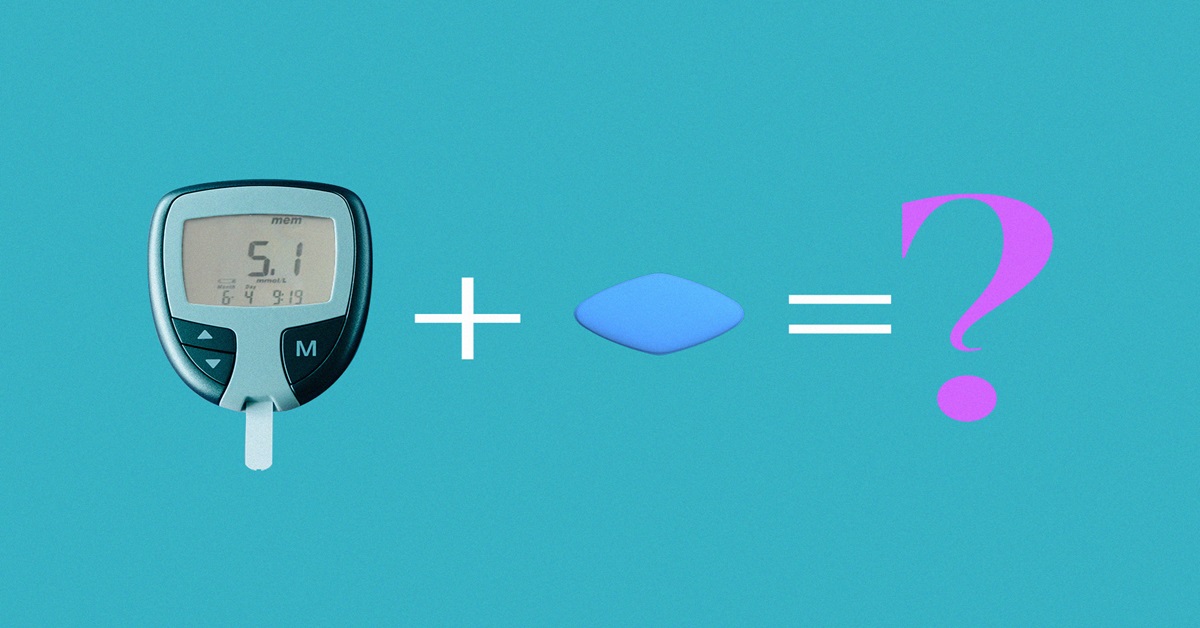Stress is a common part of modern life. From work pressures to personal responsibilities, everyone experiences it at some point. However, chronic stress can take a toll on overall health—especially sexual health. In men, persistent stress and anxiety are closely linked to erectile dysfunction (ED). In this article, we explore how stress can lead to ED, how anxiety affects sexual performance, and ways to overcome these challenges.
Understanding Erectile Dysfunction
Erectile dysfunction (ED) is the inability to achieve or maintain an erection firm enough for sexual intercourse. While occasional difficulty with erections is normal, frequent problems may point to an underlying issue. ED can stem from physical causes such as heart disease, diabetes, or obesity. However, psychological factors—like stress and anxiety—are significant contributors that many overlook.
Can Stress Really Cause Erectile Dysfunction?
Yes, stress can indeed cause ED. The body’s stress response, often referred to as “fight or flight,” releases hormones such as adrenaline and cortisol. While these hormones are helpful in dangerous situations, chronic activation of this response can harm bodily functions. Here’s how stress affects sexual performance:
- Blood Flow Restriction: Stress increases blood pressure and constricts blood vessels. This reduces blood flow to the penis, making it difficult to achieve an erection.
- Hormonal Imbalance: Chronic stress lowers testosterone levels, a hormone crucial for sexual desire and erectile function.
- Mental Distraction: Stressful thoughts can dominate the mind, making it hard to focus on sexual activity.
Anxiety and Sexual Performance
Anxiety, whether related to performance or other life pressures, plays a significant role in sexual dysfunction. Here’s how anxiety can affect sexual health:
- Performance Anxiety: Worrying about sexual performance can create a cycle where fear of failure leads to ED, further increasing anxiety.
- Negative Thoughts: Anxiety often leads to a flood of negative thoughts that undermine confidence and relaxation—both essential for healthy sexual activity.
- Muscle Tension: Anxiety-induced muscle tension can inhibit physical relaxation necessary for sexual arousal.
Signs That Stress and Anxiety Are Impacting Your Sexual Health
If you are experiencing any of the following symptoms, stress and anxiety may be affecting your sexual performance:
- Difficulty getting or maintaining an erection
- Reduced sexual desire or libido
- Premature ejaculation or delayed ejaculation
- Feelings of guilt or frustration related to sexual activity
- Avoiding intimacy due to fear of failure
Breaking the Cycle: Managing Stress to Improve Sexual Health
The good news is that stress-related ED is often reversible with lifestyle changes and stress management techniques. Here are some effective strategies to regain control:
- Exercise Regularly: Physical activity helps reduce stress hormones and improves blood flow. Aim for at least 30 minutes of moderate exercise most days of the week.
- Practice Relaxation Techniques: Deep breathing, meditation, and yoga can help calm the mind and relax the body.
- Communicate Openly with Your Partner: Sharing your feelings and fears with your partner can reduce anxiety and foster intimacy.
- Seek Professional Help: A therapist or counselor specializing in sexual health or anxiety can provide guidance and coping strategies.
- Consider Mindfulness Practices: Focusing on the present moment during intimacy can help reduce performance anxiety.
Medical Interventions
If lifestyle changes and stress management aren’t enough, medical treatments may help:
- Medication: Prescription drugs like Viagra or Cialis can temporarily improve blood flow to the penis, making it easier to achieve an erection.
- Therapy: Cognitive-behavioral therapy (CBT) can address negative thinking patterns that contribute to performance anxiety.
- Biofeedback and Relaxation Training: These techniques help individuals gain control over involuntary body functions and reduce tension.
Preventing Stress and Anxiety from Affecting Sexual Health
Preventive steps can minimize the impact of stress on sexual function:
- Maintain a Balanced Diet: Eating a healthy, balanced diet supports hormone production and cardiovascular health.
- Get Enough Sleep: Sleep is essential for stress management and overall well-being.
- Stay Connected with Friends and Family: A strong support system helps reduce emotional stress.
- Avoid Substance Abuse: Alcohol and recreational drugs can worsen anxiety and ED.
Conclusion
Stress and anxiety are powerful forces that can significantly affect men’s sexual health, leading to erectile dysfunction. Understanding the connection between mental health and sexual performance is the first step toward improvement. By adopting stress management techniques, practicing open communication, and seeking professional help when needed, men can overcome the challenges of stress-related ED and restore confidence in their sexual relationships.










